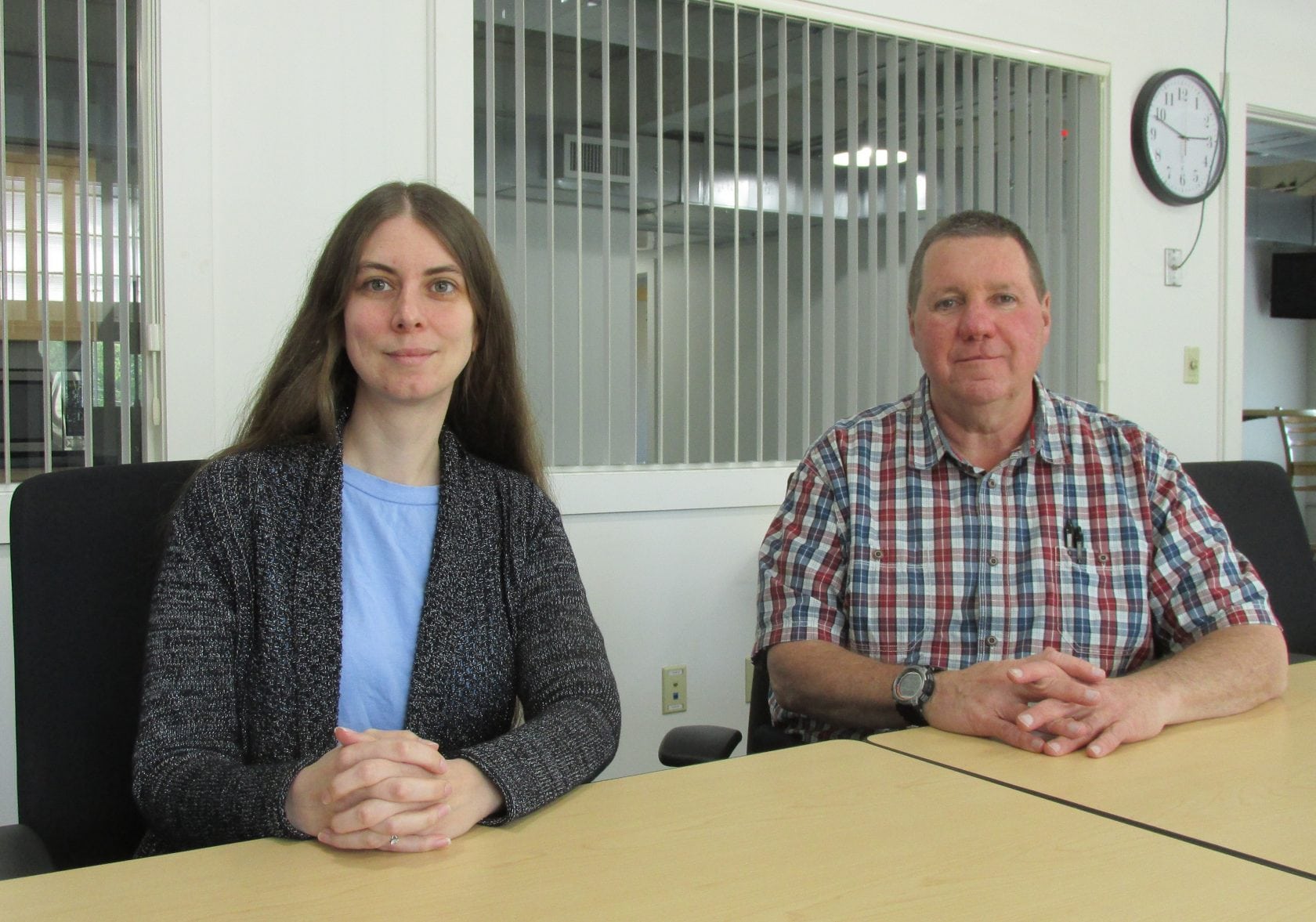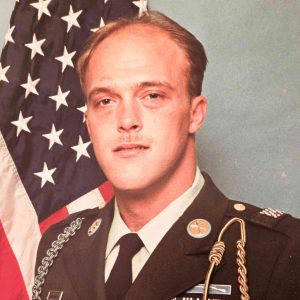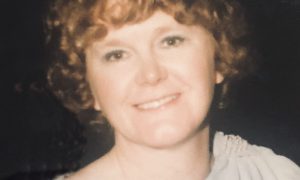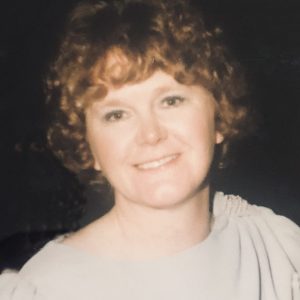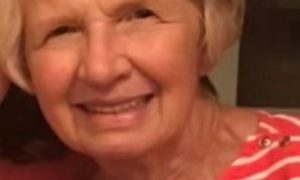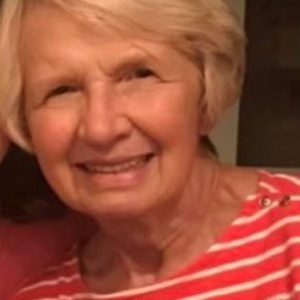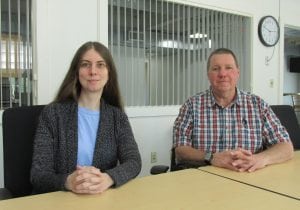
Systems Engineer Heather Stayton and DPW Director David Billips. (Photo by Amy Porter)
WESTFIELD – The Westfield News sat down with Department of Public Works Director David Billips and Systems Engineer Heather Stayton this week to discuss the $13 million water filtration bond, and some of the persistent questions that have been raised over more than two months of debate.
The first question for them both was about their credentials in the field.
Billips has a bachelor’s of science in chemical engineering and physical chemistry from UMASS Amherst, which he calls a “top-notch” engineering school. He has worked for the city of Westfield for 15 years.
Stayton (formerly Miller – she was married in January), has a bachelor’s of science in biological and environmental engineering from Cornell University, from which she also received a professional license in civil engineering. She started working for the Engineering Department in 2012 as a utility engineer, until becoming systems engineer following the retirement of Woody Darling, the previous systems engineer and water superintendent.
“He’s a brilliant man. We were all lucky to learn under him,” Billips said, adding that Darling had his degree in nuclear engineering.
“What people don’t understand is you get licenses, but that doesn’t mean you can run a plant,” Billips said. To illustrate the point, Stayton said when she went for her water license; she had to go in front of the Board of Professional Licensure in Boston for drinking water operations. “Even though I had taken all of the appropriate tests, scores, experience; they thought I didn’t have enough water operation experience because I had engineer at the end of my name,” she said. Darling went with her for the license, and Assistant DPW Director Francis Cain wrote a letter on her behalf. Stayton received the Drinking Water Distribution System Operator’s License.
To date, Stayton has presented in conferences to New England Water Works and Massachusetts Water, and will be speaking at the American Water Works Association (AWWA) Annual Conference and Exposition in June.
This year, Billips will be speaking at the fall New England Water Works (NEWW) conference. He has previously written the cover article for the NEWW Journal (August, 2010). “Not only do we present at conferences, but we’re published,” he said.
Regarding Francis Cain, Billips said the Water Division is part of his oversight, one of eight or nine departments. “No one has done more to protect the water system in the city,” Billips said, noting that he has updated all of the systems and enhanced security.
Stayton next responded to the question as to whether the GAC (Granular Activated Carbon) filter system will effectively clean the water in Wells 7 and 8. At the May 3 City Council meeting, at which the second reading for the $13 million filtration bond was defeated, a letter sent to Councilors by members of WRAFT (Westfield Residents Advocating for Themselves) questioned whether GAC could catch short-chain compounds in its filter.
“It spoke to some things in generalities that we have addressed in specific for our water,” Stayton said. She added that the city has tested for 38 perfluorinated compounds, which are a variety of long, medium and short chain.
Stayton said that the results are different in different locations in the country due to the quality of groundwater. She said particulates, like metal, in the water will adsorb onto the carbon filter.
“Carbon has a limited number of sites when you’ve got metal in the water. Sites get clogged up by your metals, basically,” Stayton said, adding, “Westfield’s water doesn’t have a lot of these compounds.”
She said the city has done bench scale testing which mocked up what the filter would be doing, and ran its own water from Well 8 through it. “What we found for 8900 empty bed volumes is there was no break-through of any of the 38 compounds.”
When asked to explain empty bed volumes to the layman, Stayton said they translate to filter run times. She said the city’s consultant, CDM Smith, interpreted the results as Westfield having at least a year before they would need to change out the carbon.
Stayton said the testing showed no breakthrough at 8900 empty bed volumes, but it could go to 8901 or 20,000 before the filters needed changing. “They took that number (8900 empty bed volumes), and translated it to a year. It depends on how much we run a well, and how much water the city uses in general,” she said, adding that the consultants at CDM Smith operate bench scale testing themselves and have designed GAC filters for multiple communities.
Billips added that the lab the Silent Spring Institute (the source of the letter from WRAFT) used for their testing is the Colorado School of Mines, the same lab the city used for bench scale testing. The testing was also done not only by the city, but by two major engineering firms; Tighe and Bond, and the American Water Works Assoc. (AWWA), “an organization whose sole purpose is to educate and inform people,” according to Billips. He said the AWWA is not in it for the money, and is not hired by the city.
Stayton said the city has submitted the testing to the Department of Environmental Protection, and they’ve approved the filtration as well.
As for the statistic cited from the Silent Spring Institute letter that Westfield tested in the top .5% for contamination, Billips said they are comparing it to every water system in the country, not just ones with the contaminants. “134 communities tested positive for these compounds. Compared to those, many are a lot higher than we are,” Billips said.
According to Billips, there is a problem with some of the statistics being thrown around in City Council meetings and in the public. “The people they’re listening to have no background in water treatment, never worked in the field, never consulted with anyone in the field. Everyone we mentioned will tell you that carbon works, (and) has extensive background in it,” Billips said.
As for connecting to Holyoke water, Billips said he met with Holyoke two years ago. Tighe and Bond did a study, “and everyone in the room agreed it wasn’t feasible,” he said. He also said they can come out with cost projections before the council update.
Billips added that he’s talked recently to his counterparts in Holyoke, who said their comments were misrepresented. “Holyoke is a little upset that they’re even involved,” Billips said.
“I know people have put alternatives out there, but we’ve looked at all of them years ago,” Billips added.
Both Stayton and Billips said they have offered to speak with any of the City Councilors at any time, and have sat down with a number of them. He said a telephone call is not the same as a formal written inquiry, which has to go through the proper channels. “If they want to come talk to us, they can come talk to us,” he said.
“We’re focused on fixing the problems, not causing more problems. It’s time for everyone to come together and fix this problem,” Billips said.

